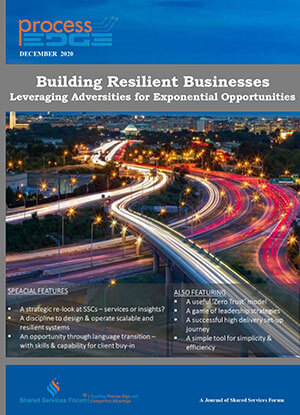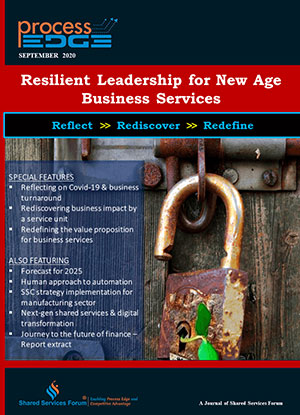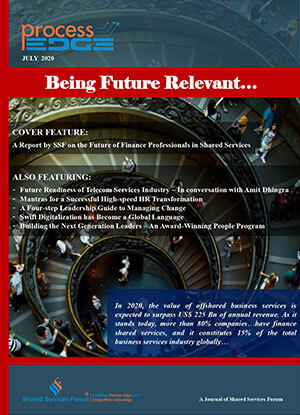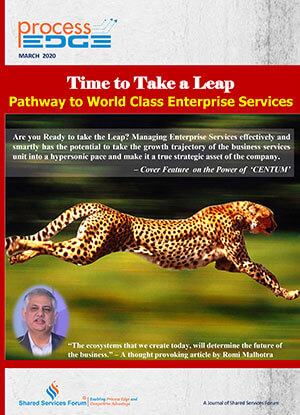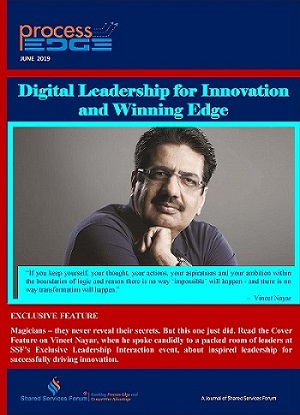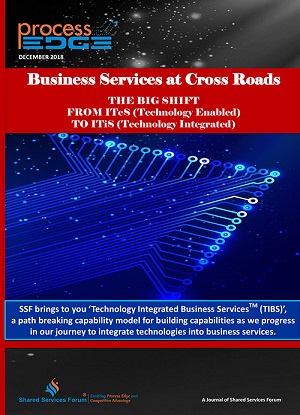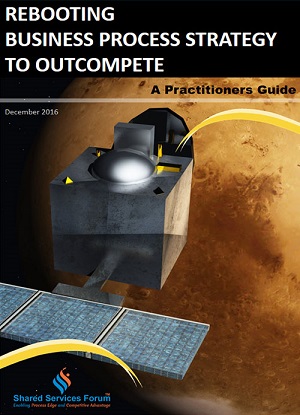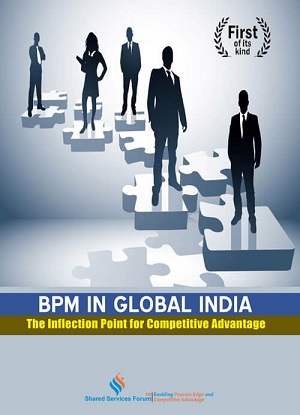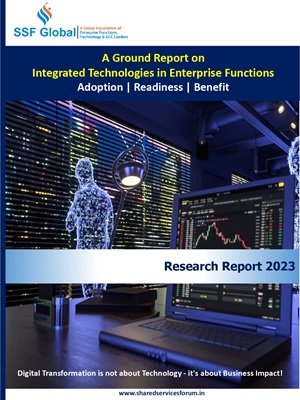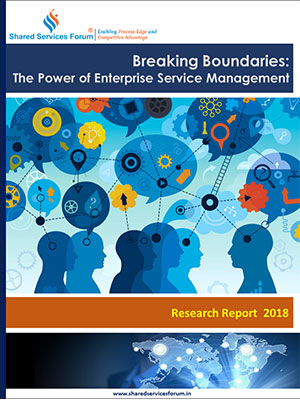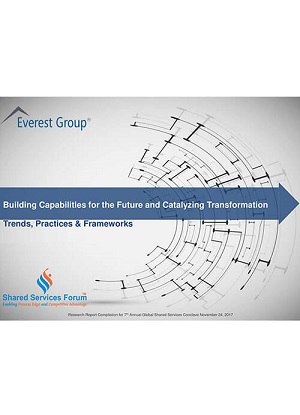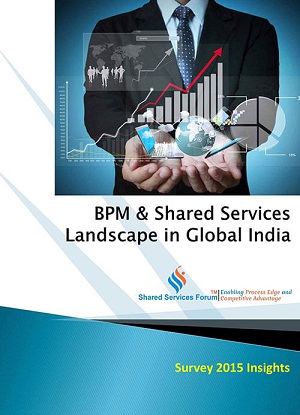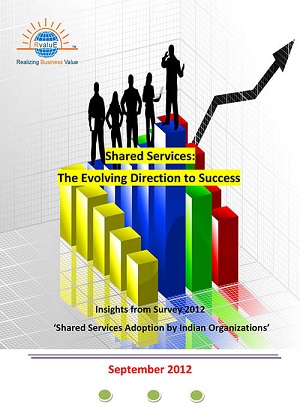
Would you like to start a conversation with other industry leaders to brainstorm a challenge or to just know more on a particular topic?
Engage in online discussions with your Peers
Start NowHyderabad: Businesses are rapidly turning to robotic automation (an artificial intelligence tool) software to increase efficiencies and reduce costs by automating high volume and repetitive tasks that get in the way of delivering the best possible customer experience. Robotic process automation is purely based on the machine codes that the systems use.
Organisations are thinking and evolving what robotic automation in particular and artificial intelligence in general can do their processes and businesses. Banking and insurance had been early adopters globally of latest technologies, Suman Reddy, MD, Pegasystems India told Telangana Today.
Robotic process automation (RPA) is the application of technology that allows employees in a company to configure computer software or a “robot” to capture and interpret existing applications for processing a transaction, manipulating data, triggering responses and communicating with other digital systems.
There are a lot technologies and tools available. What is key to the success is how one can leverage natural language process, deep machine learning and data analytics. Combining human empathy and machine capabilities will define the success. Pegasystems is offering robotic automation in its customer relationship management (CRM) offerings that enable businesses to optimise their sales and customer service effectiveness with desktop analytics and machine learning.
By unifying Pega Workforce Intelligence within the Pega Customer Service and Pega Sales Automation applications, clients can uncover hidden patterns of inefficiency by analysing millions of actions taken every day on every desktop from any application. These insights on people, processes and technology will help organisations tap opportunities to improve productivity and coach new behaviours that boost the bottom line.
Benefiting Banks
He said, “Banks are constantly looking at omni-channel platforms to handle their omni-channel functions with the help of artificial intelligence.”
Pega serves eight of the top ten banks in the world. The company’s Pega Client Lifecycle Management (CLM) and Pega Know Your Customer (KYC) now enable banks to leverage robotic automation to speed client onboarding processes, reduce operational costs, and accelerate time to market. By such unification, financial institutions can automate repetitive manual tasks in onboarding and KYC remediation processes to ultimately improve the customer experience.
Global bank executives are re-evaluating their CLM, onboarding, and KYC processes, which are universally recognised as some of the most time consuming and costly steps that banks have to manage. Pega CLM and Pega KYC streamline and coordinate these end-to-end processes – from client adoption, new product and jurisdiction onboarding, and KYC, to legal, fulfillment, and offboarding – on a single solution.
Pega Robotic Automation enables businesses to intelligently optimise how work gets done – by both humans and robots – across the enterprise from a centralised and globally scalable end-to-end solution, he adds.
Pega provides deep in-house industry KYC and customer due diligence (CDD) regulatory and onboarding expertise coupled with partnerships and regulatory rules engine. Pega has deployed onboarding and KYC solutions for more than 10 years at more than 25 of the world’s largest financial institutions.
Unification With Pega Platforms
Pegasystems has also unified Robotic Automation within the Pega 7 Platform for Case and Business Process Management (BPM) and its portfolio of Customer Relationship Management (CRM) applications. Pega amplifies the power of robotic process automation (RPA) with proven BPM and CRM to expand the potential of robotics in new ways.
Pega Robotic Automation also includes an enhanced management console that enables organisations to manage all of their robotic processes from a single location. When combined with Pega 7’s BPM and case management capabilities, businesses can seamlessly manage the intersection of humans with robotic automation to ensure optimal workflows between them.
Last year, Pega acquired OpenSpan, a robotic automation company running on more than 200,000 desktops globally. This technology, now Pega Robotic Automation, is unified with Pega’s technology portfolio. Pega’s strategy for both acquired and built technologies is to natively unify all capabilities together on the Pega 7 Platform, thus avoiding the pitfalls of complex and disconnected technology stacks.
Source: Telangana Today






